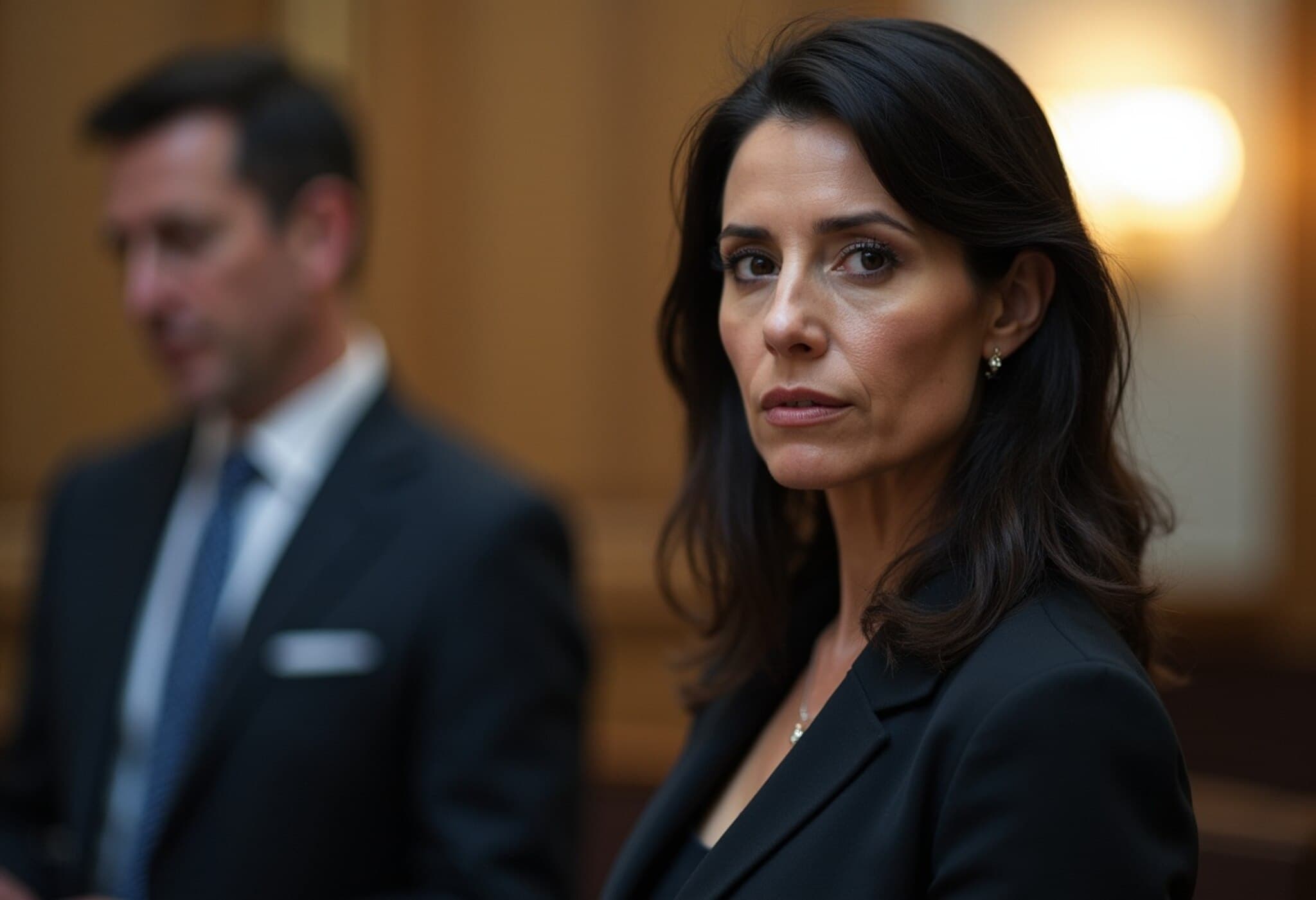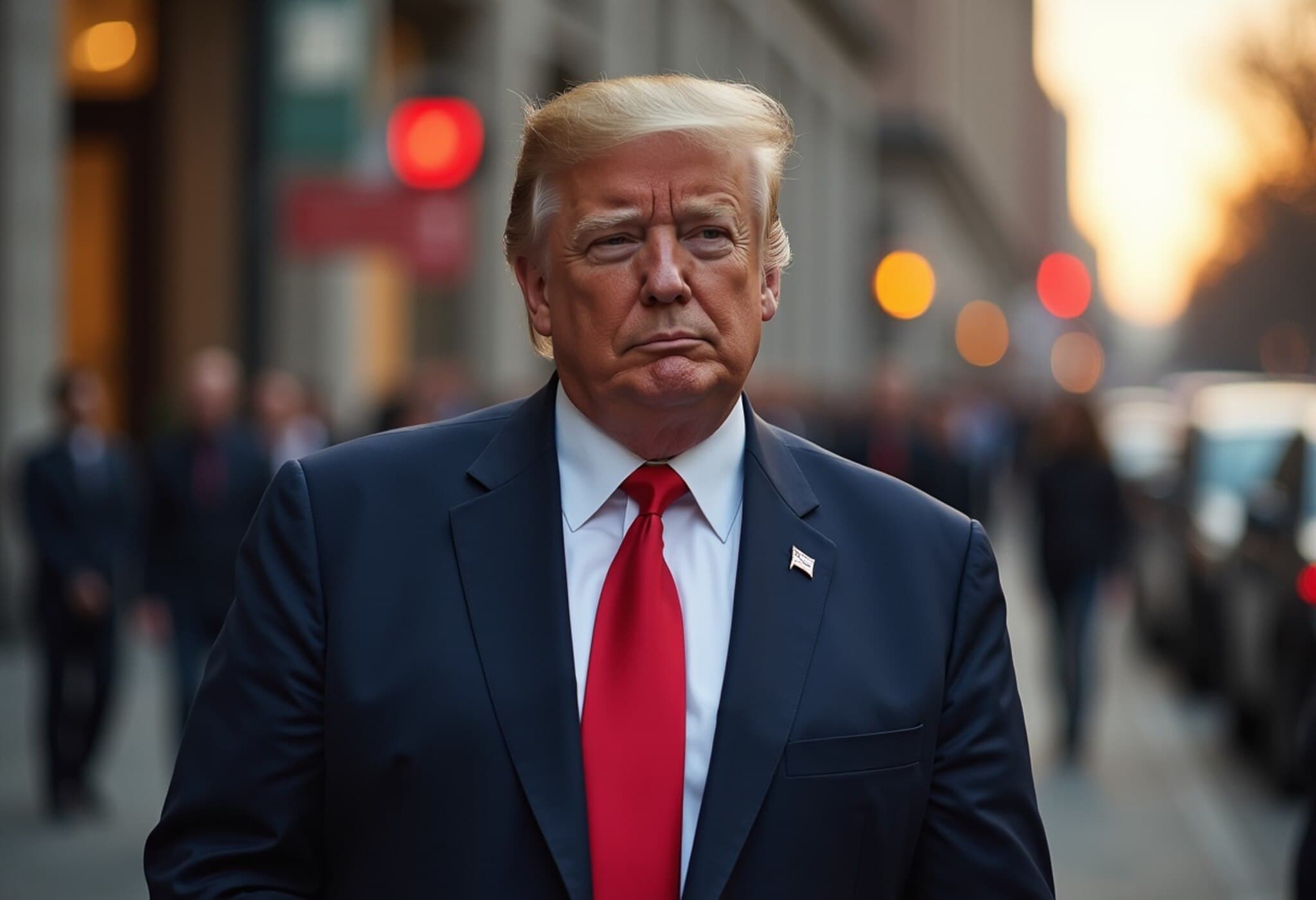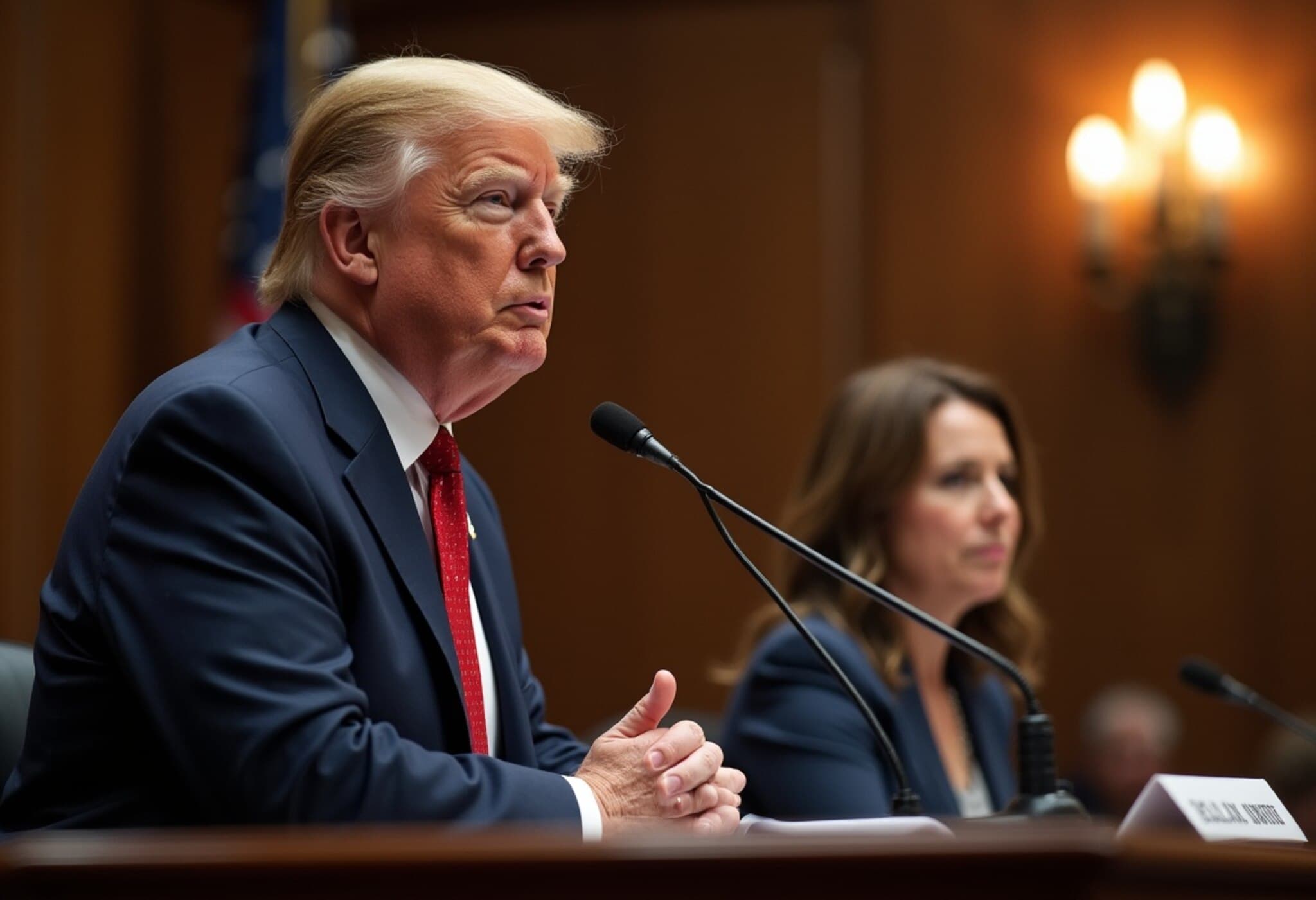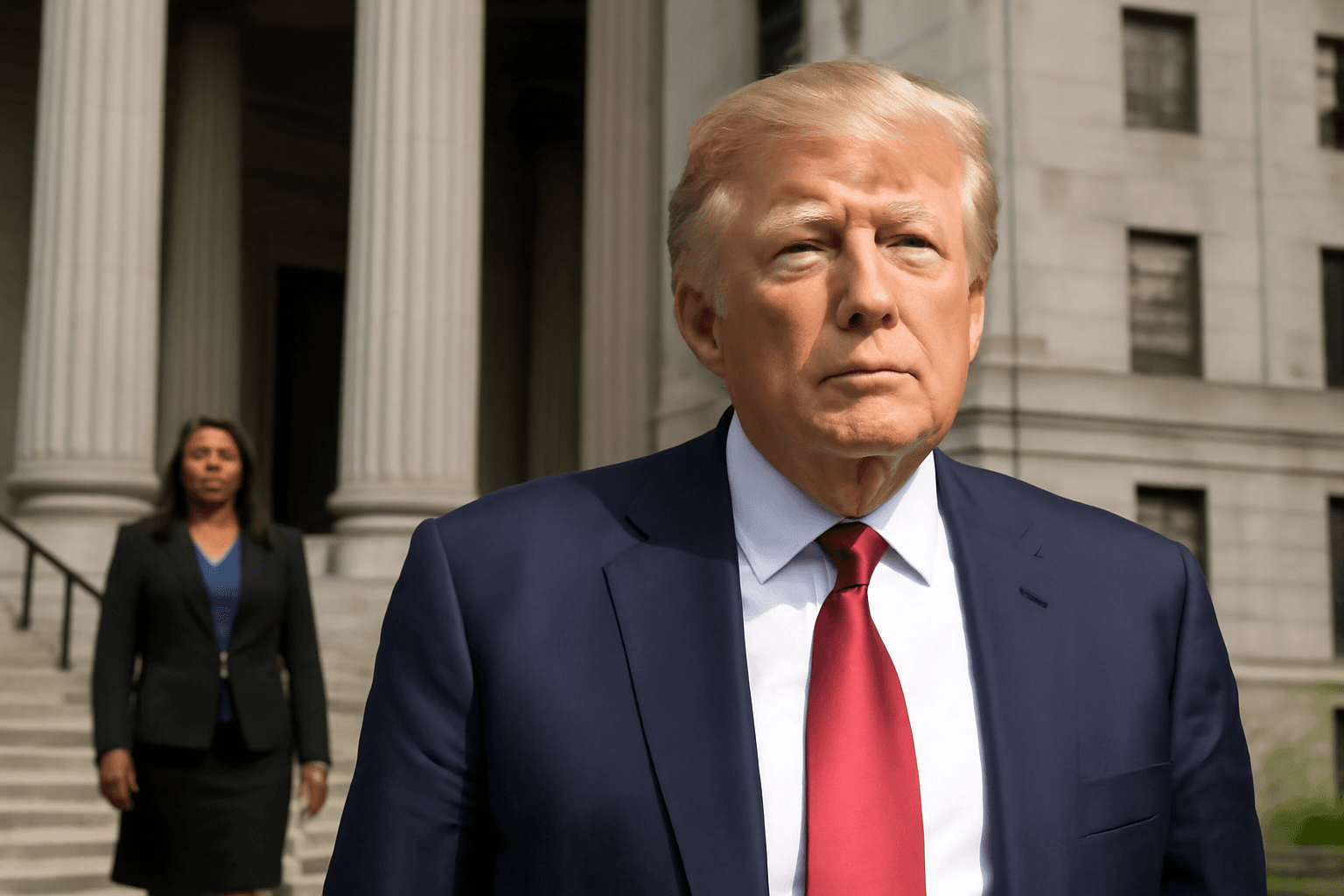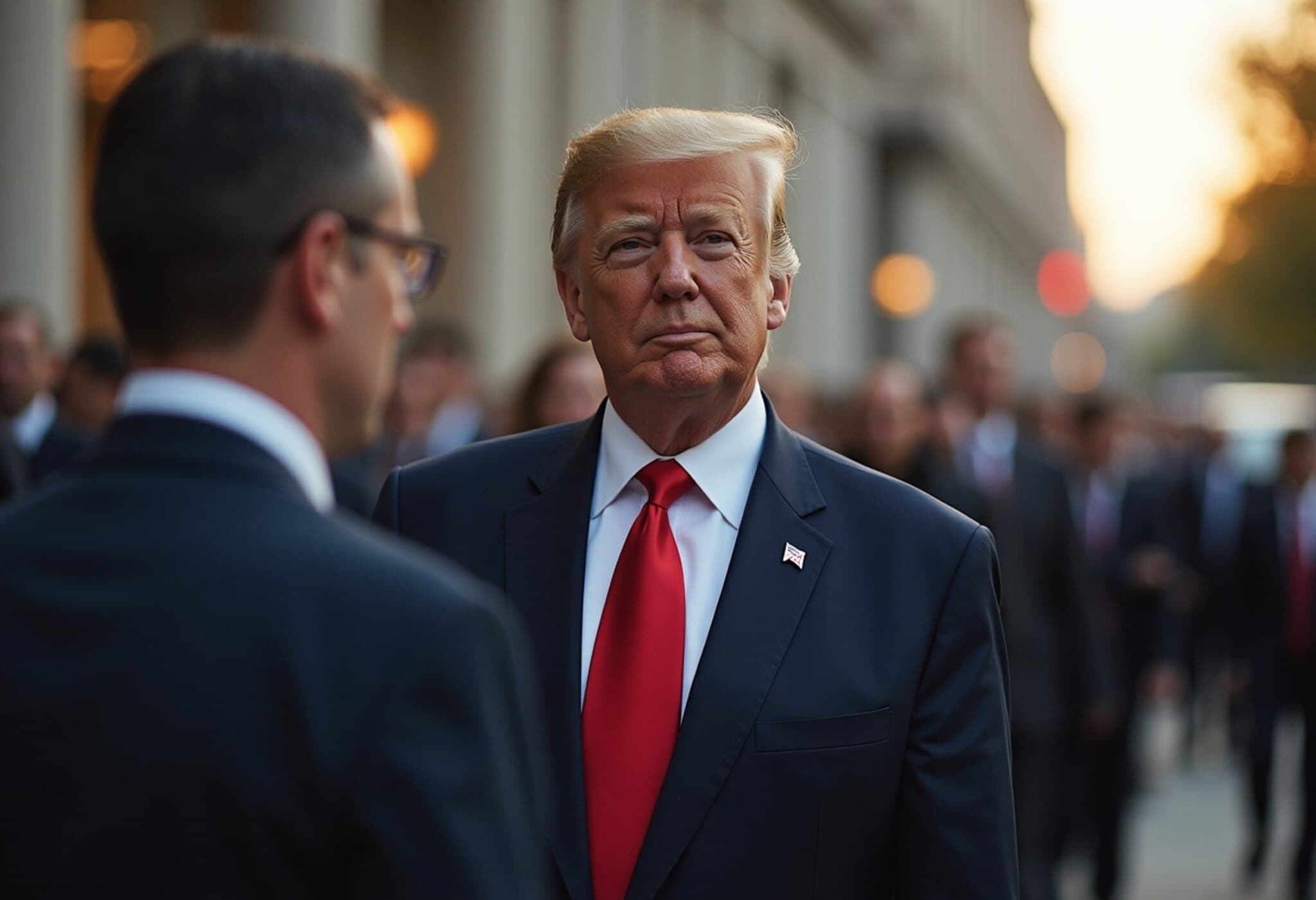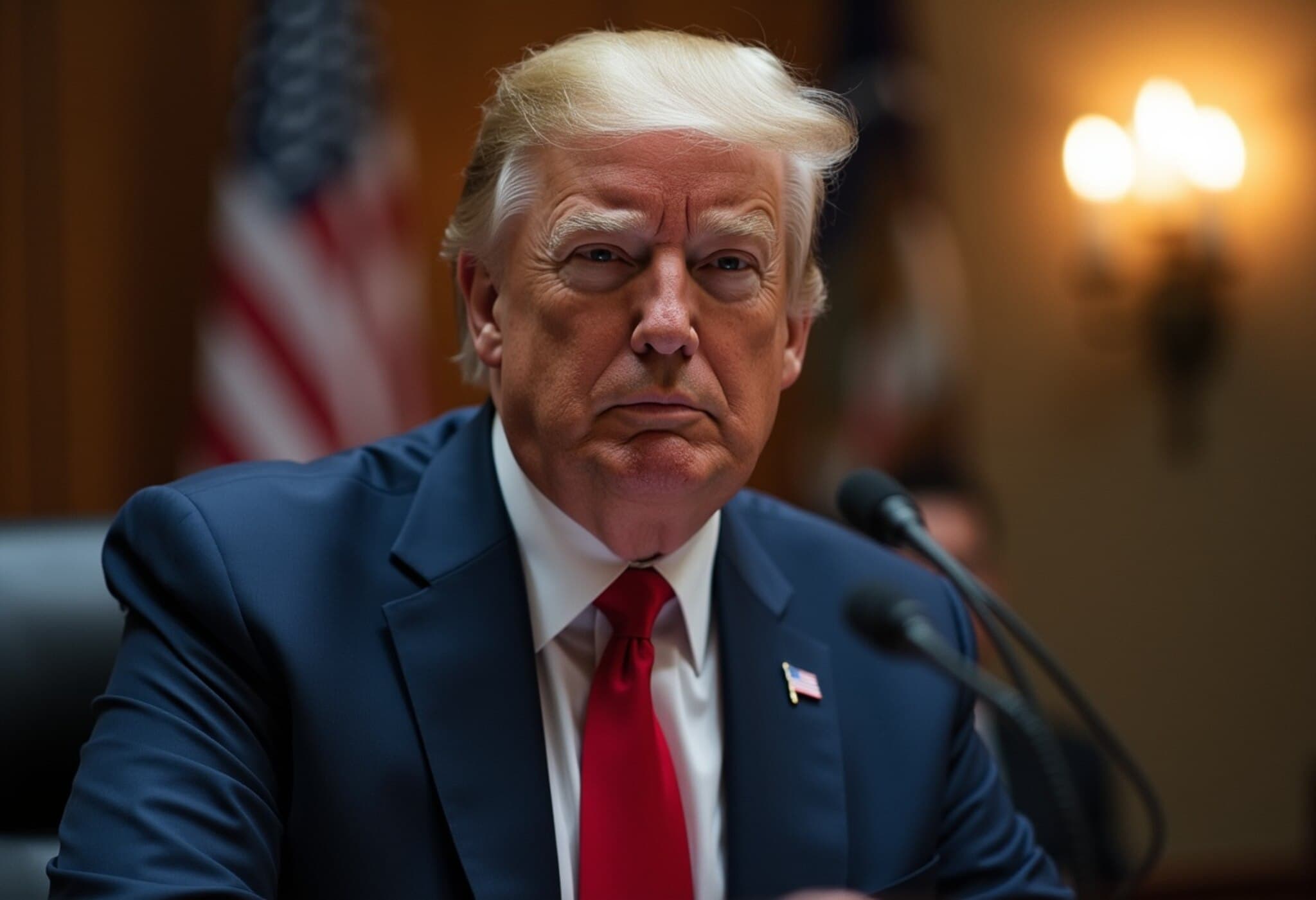US Deputy Attorney General Interviews Ghislaine Maxwell in Tallahassee Prison
In a notable development in the ongoing investigation surrounding the notorious Jeffrey Epstein scandal, Deputy Attorney General Todd Blanche met with Ghislaine Maxwell, Epstein’s former confidante, at a federal low-security prison in Tallahassee, Florida. Maxwell is serving a 20-year sentence for her role in facilitating Epstein's sexual abuse of underage girls.
A Transparent Approach Amidst Growing Public Pressure
The meeting, which Blanche said he personally facilitated, comes as the U.S. Justice Department faces mounting criticism for its handling of Epstein-related records. Various factions within the political sphere, including some supporters of President Trump, have demanded transparency after previous refusals to release investigative documents.
"Ms. Maxwell answered every single question. She never stopped, never invoked any privilege, and responded truthfully and comprehensively," said David Oscar Markus, Maxwell’s attorney, during a press briefing outside the courthouse.
Continuing the Inquiry – What Could This Mean?
Blanche took to social media to inform the public that the interview with Maxwell would continue, promising further disclosures at an appropriate time. He affirmed that the Justice Department is eager to listen should Maxwell possess any credible information about other individuals implicated in related crimes.
"The FBI and the Justice Department will hear what she has to say," Blanche stated, reflecting a renewed commitment to uncovering all relevant facts.
When asked about the potential for Maxwell receiving clemency or sentence reduction, Markus noted, "There are no promises yet. For now, she is simply cooperating by answering questions." The Attorney General’s office has not indicated any decision on this matter.
Congressional Oversight and Subpoena Power
The Justice Department's renewed engagement with Maxwell coincides with heightened congressional activity. The House Oversight Committee recently subpoenaed Maxwell to testify in August, signaling lawmakers’ intent to probe deeper into the case.
- A subcommittee has also voted to subpoena the Justice Department for pertinent documents.
- Senators across both parties have voiced willingness to hold hearings after the August congressional recess.
- Rep. Thomas Massie (R-KY) has introduced bipartisan legislation mandating public access to all unclassified Epstein-related investigative files in searchable formats, enhancing transparency.
Additionally, House Speaker Mike Johnson and Republican Majority Leader Steve Scalise have confirmed plans to address Epstein-related matters upon Congress reconvening, hinting at heightened legislative scrutiny.
Background: Epstein and Maxwell’s Infamous Network
Jeffrey Epstein, who died by suicide in his New York jail cell in 2019 while awaiting federal trial, had been a financier connected with powerful individuals including royals, politicians, and billionaires. Ghislaine Maxwell was convicted three years ago for aiding Epstein’s sexual abuse of minors.
Epstein’s 2008 plea deal in Florida controversially allowed him to serve only 13 months in work release and avoid federal charges, stirring public outrage over perceived leniency. His 2019 indictment reignited attention on potential co-conspirators and enablers within elite circles.
The Justice Department recently denied the existence of a comprehensive Epstein client list and refused to release additional records, despite earlier commitments by former Florida Attorney General Pam Bondi and others.
Expert Insight: What Lies Ahead?
From a legal perspective, Maxwell’s cooperation could provide critical testimony to unravel more of the conspiracy web. Given the gravity of the accusations and the high-profile names involved, the Justice Department faces a delicate balancing act: ensuring due process while satisfying public demands for accountability.
Moreover, congressional pushes for transparency underscore a growing bipartisan consensus that systemic reforms are needed to handle such cases with openness. The proposed legislation for searchable public documents could set a precedent in how the government manages politically sensitive investigations.
This case is an emblematic example of challenges in prosecuting crimes involving powerful figures—it raises broader questions about justice accessibility, victim protection, and institutional transparency. As the investigation and legislative responses unfold, the American public remains vigilant.
Editor’s Note
The high-profile interrogation of Ghislaine Maxwell by the Deputy Attorney General marks a crucial phase in the Epstein saga. It raises questions about what more might be revealed and whether justice will extend beyond Maxwell and Epstein to others allegedly involved. Readers should watch for upcoming congressional hearings and Justice Department disclosures that may illuminate shadowy alliances and systemic failures at the heart of this scandal.
What remains to be seen is whether this renewed scrutiny will translate into meaningful accountability—and if so, how it will reshape public trust in American institutions.

